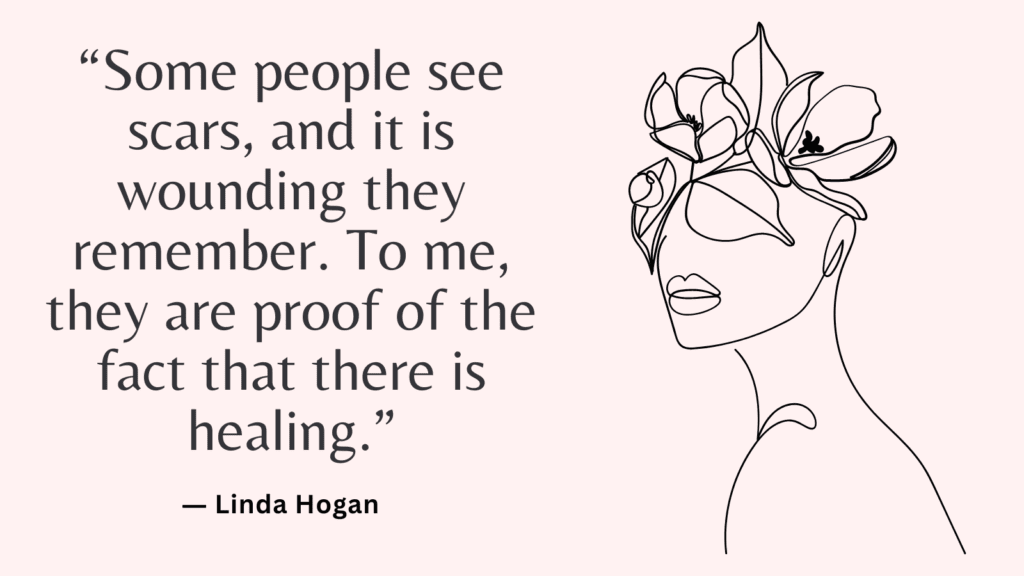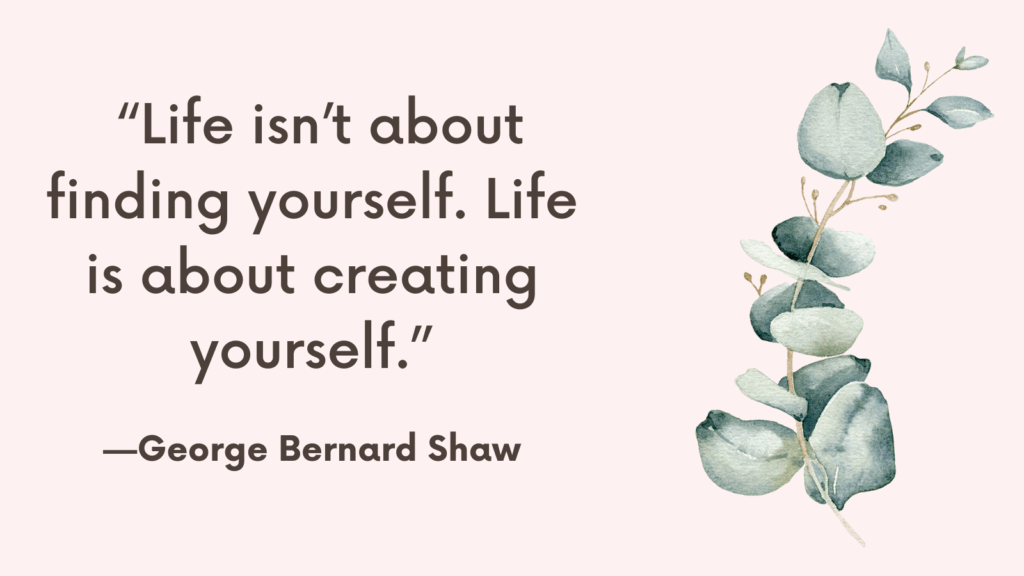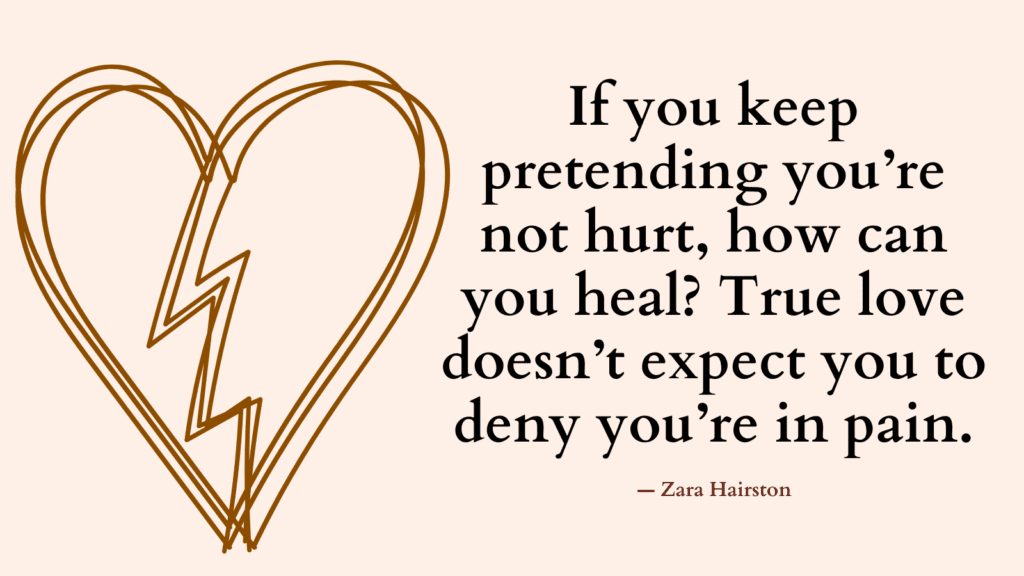This post contains a list of support groups for emotional abuse (online and in person) to help you on your healing journey.
Disclosure: Some of the links below are affiliate links. This means that, at zero cost to you, I will earn an affiliate commission if you click through the link and finalize a purchase. If you need professional help, I recommend BetterHelp for affordable online therapy.
Emotional Abuse
Emotional abuse is often overlooked.
There is no scar tissue, not bruises, no gaping wound to point to.
But despite its invisibility, emotional abuse can be very damaging.
Emotional abuse refers to a pattern of behaviors that are aimed at manipulating, controlling, and demeaning another person’s emotions, self-worth, and well-being.
It is a form of psychological maltreatment that can occur in various relationships, including romantic partnerships, familial relationships, friendships, or even in the workplace.
Some common examples of emotional abuse include:
1. Verbal aggression: This involves using insults, put-downs, or constant criticism to undermine the other person’s self-esteem.
2. Gaslighting: The abuser manipulates the victim’s perception of reality, causing them to doubt their own thoughts, feelings, and sanity.
3. Isolation: The abuser restricts the victim’s social interactions, isolating them from friends and family, in order to maintain control.
4. Intimidation: The abuser may use threats, aggressive behavior, or menacing gestures to create fear and maintain power over the victim.
5. Blaming and guilt-tripping: The abuser consistently blames the victim for their own abusive behaviors or makes them feel guilty for things that are not their fault.
It’s important to remember that emotional abuse can be just as damaging as physical abuse, often leaving long-lasting psychological scars.
Support Groups For Emotional Abuse
1. Hub of Hope
UK-wide mental health service that helps you find local, national, peer, community, charity, private and NHS mental health support.
Emotional Abuse Support Groups Online
1. Pieces of Peace Support Group
“Pieces of Peace is an ongoing, drop-in support group for people who are experiencing or have experienced relationship abuse, including emotional, verbal, physical, sexual or financial abuse.”
The group meets from 6:30 to 8 p.m. on Tuesdays.
2. Meetup
Meetup is a platform for hosting and organizing in-person and virtual activities, gatherings, and events for people and communities of similar interests, hobbies, and professions.
“Find out what’s happening in Healing from an Abusive Relationship Meetup groups around the world and start meeting up with the ones near you.”
3. Women’s Emotional Abuse Support Group
A Facebook group run by women who may have shared similar experiences.
4. Herd support groups
“Herd is a self-service platform for online group support that helps industry-leading therapists run the kind of groups they are most passionate about.”
Prices range from 10$ to 50$/session.
Related: Healing From Emotional Abuse In 12 Practical Steps
How to Find Support Groups For Emotional Abuse Near You?
Finding support groups for emotional abuse near you can be a great way to connect with others who have had similar experiences.
Here are some steps you can take to find local support groups:
1. Reach out to mental health professionals
Contact therapists, psychologists, or counseling centers in your area and inquire if they offer support groups specifically for emotional abuse survivors.
They may have information about local groups or can refer you to other resources.
2. Community centers or nonprofits
Local community centers, women’s shelters, or organizations that focus on domestic violence and abuse may offer support groups for emotional abuse survivors.
Contact these organizations and ask about any available groups or resources in your area.
3. Online search
Use search engines to look for support groups for emotional abuse survivors in your city or region.
Try searching for terms like “emotional abuse support groups [your location]” or “domestic violence support groups [your location].”
4. Networking events or workshops
Keep an eye out for networking events, workshops, or conferences that focus on trauma, abuse, or mental health.
These events sometimes include support groups or can connect you with local resources in the community.
5. Ask for referrals
Reach out to friends, family, or support networks and ask if they know of any local support groups for emotional abuse survivors.
Word-of-mouth referrals can lead you to groups that may not be widely advertised.
Remember to consider factors such as safety, confidentiality, and the expertise of the facilitators when choosing a support group.
If you’re unable to find local support groups, consider online options or individual therapy with a professional who specializes in trauma and abuse.
How Emotional Abuse Support Groups Can Help?
A support group is a safe, structured space that helps participants to share personal experiences, feelings, coping strategies and resources about abusive relationships.
The discussions often are facilitated by an experienced leader or a mental health professional.
Support groups can help you find clarity, get out of denial and find the support you need, knowing that you are not alone.
Emotional Abuse Resources
FREE Worksheets
Narcissistic Abuse Worksheet Download PDF
Toxic Partner Worksheets Download PDF
Inner Child Healing Worksheets Download PDF
Related: Can Abusers Change? Top 17 Myths About Abusive Men That Make Women Stay With Abusers
Emotional Abuse Books
Related: Best 10 Emotional Abuse Books






